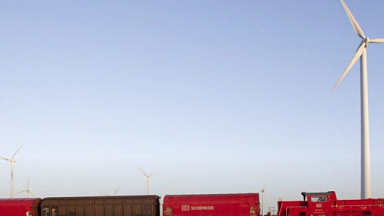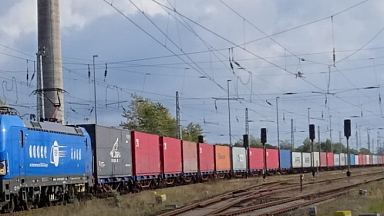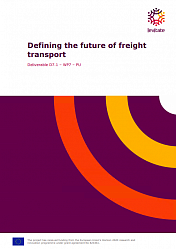Among the key projects are the completion of the Dostyk-Moiynty railway section and the bypass line of the Almaty station, the launch of the new Kyzylzhar-Moiynty project, as well as the creation of a container hub in Aktau and an international airport in the Khorgos-Eastern Gate SEZ. In addition, new airports will appear in the resort areas of Zaysan, Katon-Karagay and Kenderli.
One of the most significant projects will be the construction of a highway from Astana through Arkalyk, Turgay and Irgiz with access to the Trans-Caspian international transport route. The new road will shorten the route between the central and western regions by 560 km, ensuring the development of the Turgay region. It is also planned to restore the airport and build a new terminal in Arkalyk, which will improve transport accessibility and facilitate the development of agricultural land.
Tokayev emphasized that Kazakhstan will launch about 200 investment projects annually in various industries, including mechanical engineering, metallurgy, petrochemistry and the agro-industrial complex. According to him, large infrastructure initiatives will not only strengthen the economy, but also create thousands of new jobs, contributing to the growth of citizens’ well-being and strengthening the country’s position in the region.
Source: https://rail-news.kz/ru




